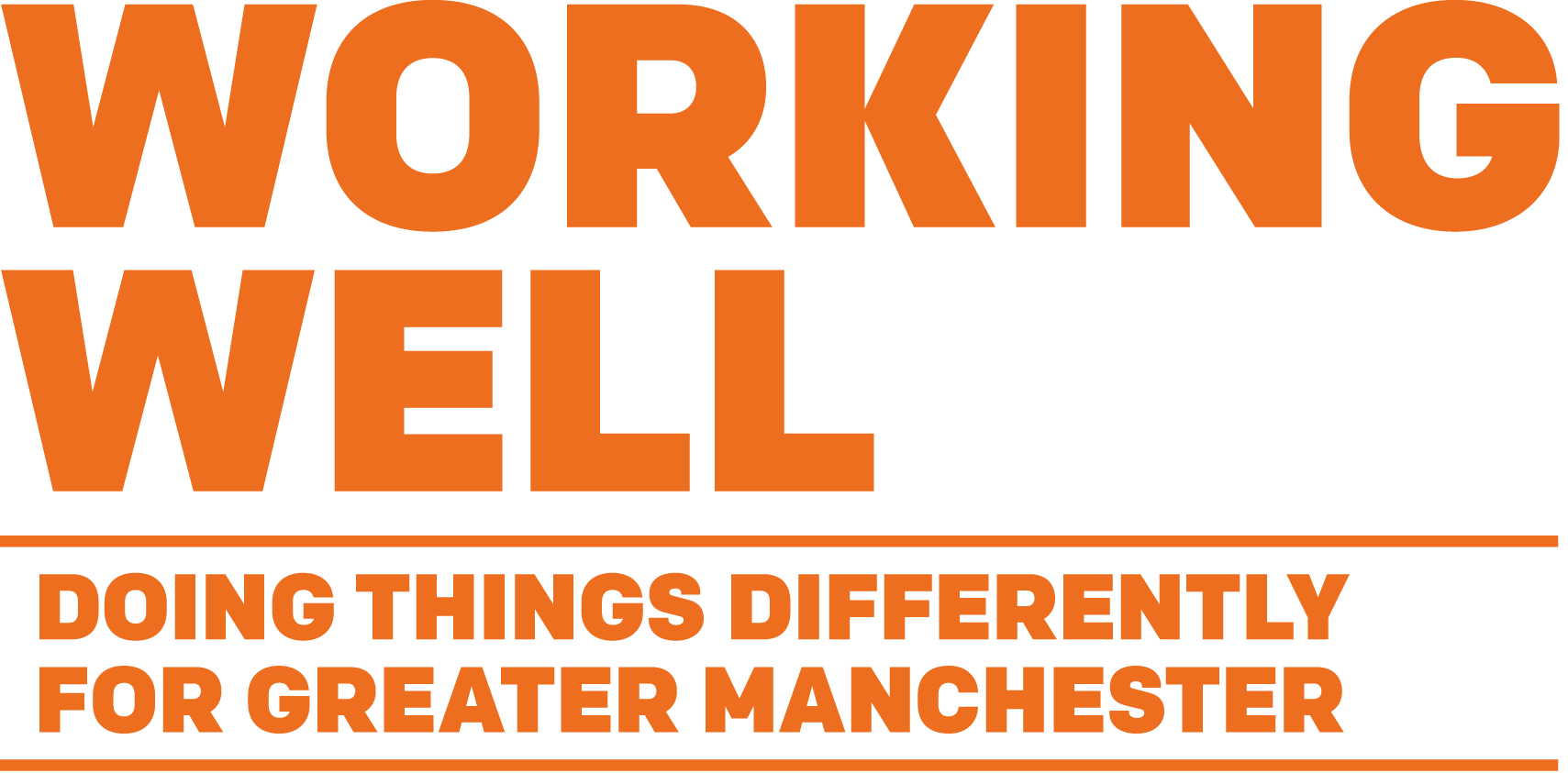How to cope with losing your job
Naturally, losing your job, whether it is through redundancy, economic uncertainty or capability issues can feel traumatic and impact your confidence. However, there are several things you can do to make the transition easier.
Prioritise your mental health
Losing your job can take a toll on your mental health. Research by The Health Foundation revealed that in January 2021, 43% of unemployed people experienced poor mental health, in comparison to 27% of people in employment.
Acknowledge and process your feelings
You should give yourself the time and space to acknowledge your feelings and process your job loss. When it comes to uncomfortable emotions such as sadness and anger, it may feel easier to avoid or ignore them. However, finding a way to express these feelings, whether it is through journaling, exercising or talking to someone, can positively influence your emotional, physical and mental wellbeing.
Stay active and get enough sleep
When feelings of stress and anxiety creep in, sleep is often the first area that’s impacted. If you’ve recently lost your job, you may find you’re awake at odd hours, worrying about the future, and not getting the rest you need to start the next day with a positive, healthy mindset.
Sleep plays a huge part in how we react to stress - a lack of sleep increases the amount of cortisol which is responsible for our ‘fight or flight’ response. To help yourself get enough sleep, exercise regularly (which will have a great influence on your overall wellbeing), limit your caffeine intake, and eat a healthy diet.

Assess your financial situation
When you’re no longer in employment, it's important to assess your financial situation .
You should also get a clear picture of your monthly outgoings and see if there are any unnecessary expenses you can cut back on.
There may also be some benefits you could be entitled to, including Universal Credit, Council Tax Reduction and more. You can find out what you’re entitled to via the Government’s Benefits Calculator.
Update your CV and LinkedIn profile
Getting yourself back out there after you’ve lost your job may feel overwhelming, but it is important that you do.
Update your CV with your most recent experience, and tailor it to every job you apply.
Updating your LinkedIn with your most recent experience, and letting your connections and recruiters know you’re ‘Open to Work’ is a great way to put yourself forward for current opportunities.
How to show you’re open to work on LinkedIn
- Click on ‘Me’ under your profile picture icon in the top right hand corner of the screen
- Click on ‘View Profile’ in the drop down menu
- Click on the blue ‘Open to’ button on your profile
- Select ‘Finding a new job’ in the drop down menu
- You will then be asked to ‘Tell us what kind of work you’re open to’ - fill this out
- You can also limit who sees that you’re ‘Open to work’ when you’re asked to ‘Choose who sees you’re open’
- If you select ‘All LinkedIn members’ the #OpenToWork frame will be added to your profile picture
Get networking
Another way to throw yourself into the deep end after losing your job is by attending networking events. Reach out to former colleagues, friends and family members and let them know that you're looking for a new opportunity.
Attend networking events, job fairs and industry conferences to meet new people and make connections. Join LinkedIn groups related to your field of work and participate in online discussions.
Look for job opportunities online
Once you’ve updated your CV, have a look at the Government's Find a Job Service, or check out popular job boards such as Indeed or Reed. Whether you’re looking for part time work, remote roles or industry specific jobs, the internet has a plethora of options to explore.
LinkedIn is also a great place to look for a job - once your profile is set up and you’ve built your connections, the world is your oyster. Tap on the jobs icon, type in your keywords for the job you're looking for, and filter through your options.
If you’re struggling to get a job, keep in mind that job hunting takes time, effort and patience. According to StandOut CV, an average of only 2% of candidates that apply for a job are selected for an interview, and if there are two interviews, it usually takes an average of 27.5 days to complete the process.
Be open and honest during interviews
You may feel overwhelmed or embarrassed about having to explain why you lost your job, especially during interviews.
It is important to prepare an honest answer of why you came to be unemployed. If you’re not prepared or avoiding answering the question, it can look disingenuous to prospective employers.
Take this opportunity to prepare a constructive answer as to why there is a gap in your CV, or the reason behind you losing your job. You could try and use a common interview question such as ‘tell me about a challenge you faced’ and weave your job loss into the answer. You could also talk about how you've filled this time, especially if you’ve learned a new skill or continued to stay on top of industry trends.
Take time to learn new skills
Take advantage of your free time to learn new skills and improve your qualifications. There are many free online courses, webinars and workshops that can help you enhance your knowledge and improve your employability.
This will show potential employers that you're proactive and committed to self-improvement.
Losing your job can be a stressful experience, but it's important to remember that it's not the end of the world. With the right mindset and a proactive approach, you can turn this setback into an opportunity for personal and professional growth.


